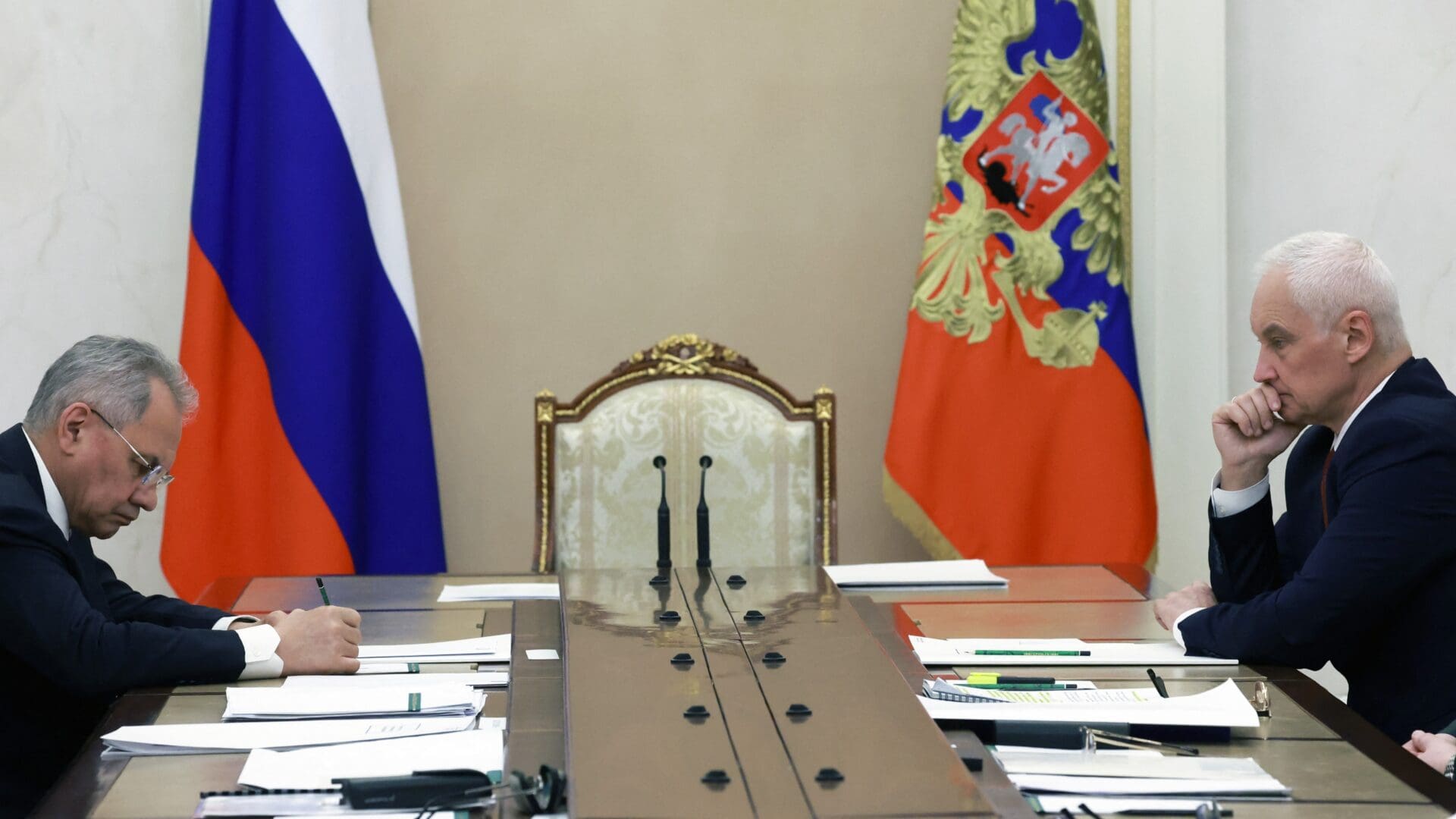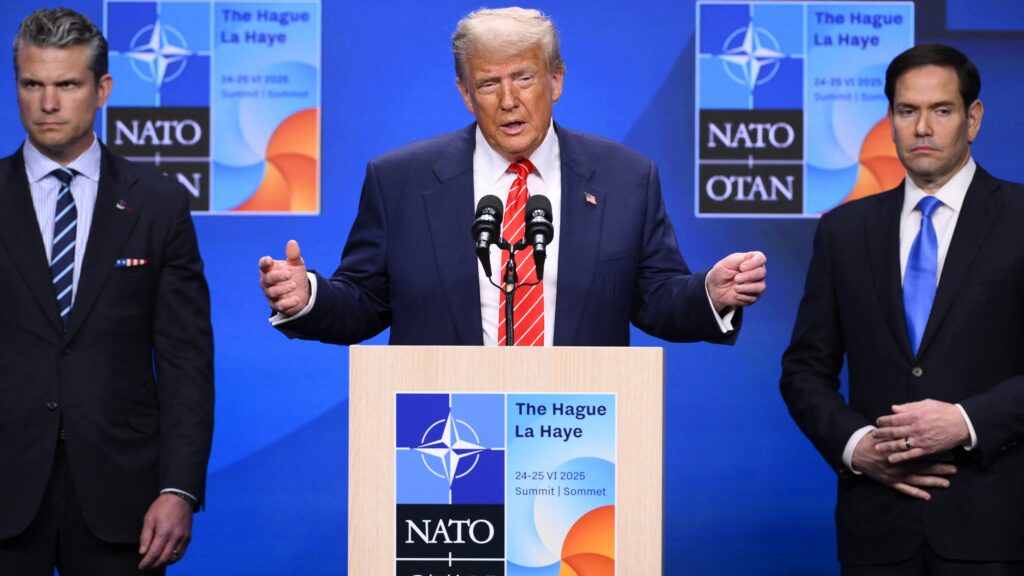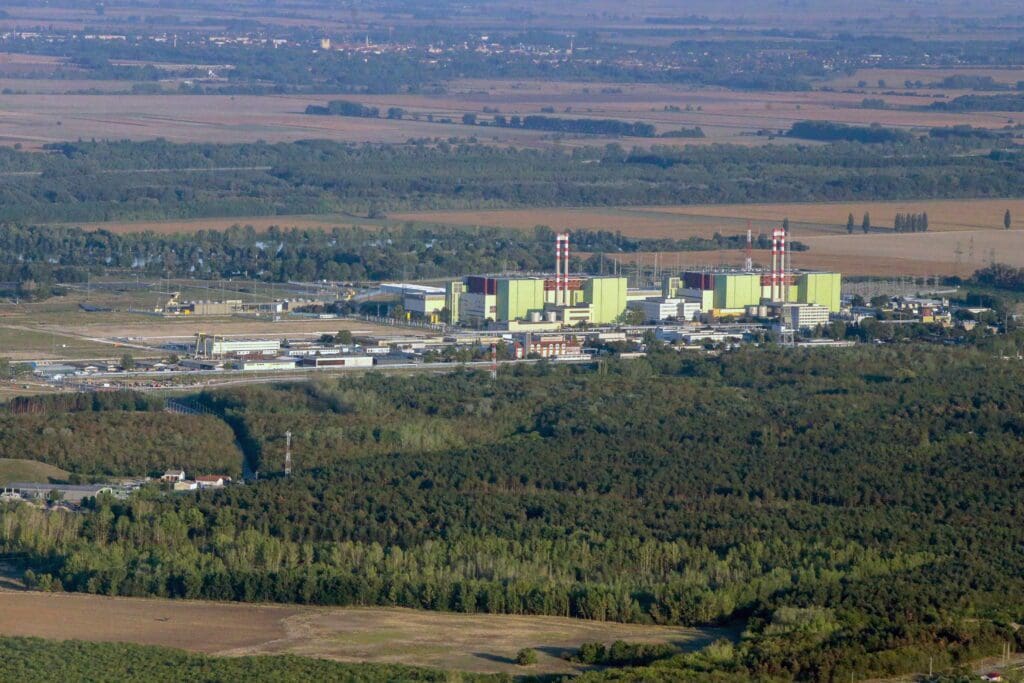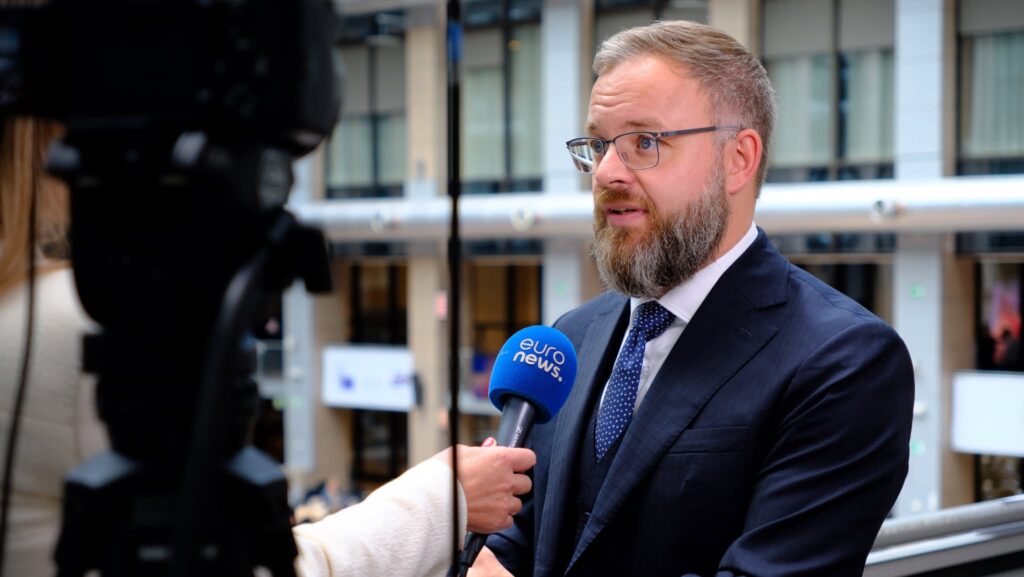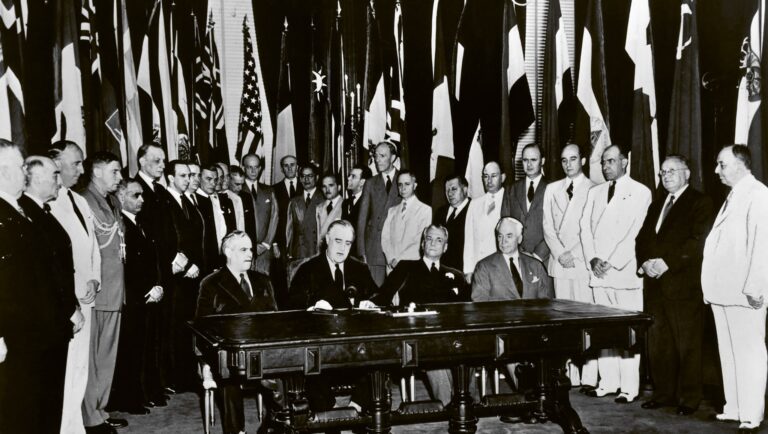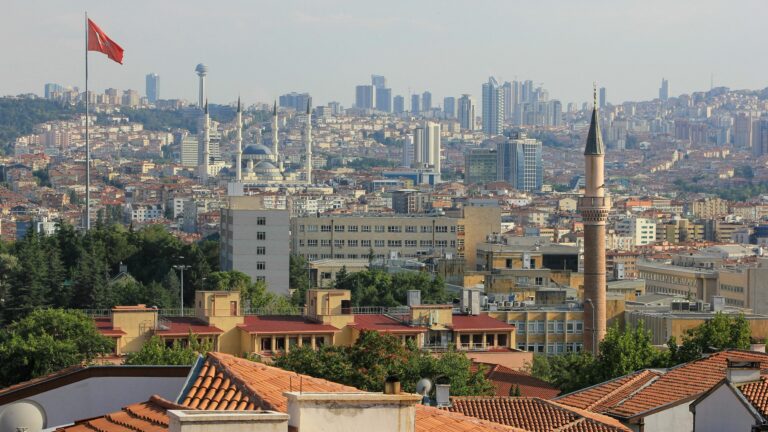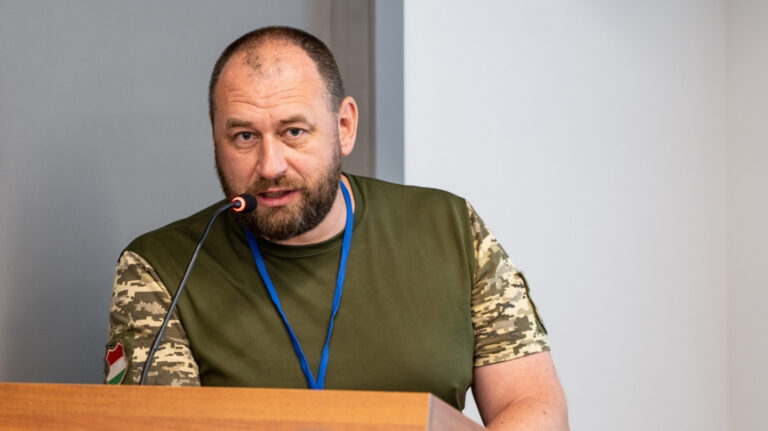Russia held its first three-day-long presidential election between 15–17 March 2024. After winning an overwhelming 88 per cent of the votes—in the peculiar case of Chechnya winning 98.99 per cent of the votes—Putin had his fifth inauguration earlier this month. 7 May marked the previous cabinet’s last day of in office, giving the President a chance for reshuffling it. The process according to which ministers were appointed was used for the first time; it was introduced in 2020 during the redrawing of the country’s constitution that allowed Putin to run for a fifth term. According to the new procedure, the President presents his preferred candidates for the prime minister’s seat and most of the ministries to the State Duma, which then approves the candidates. The heads of some selected ministries, described as ‘siloviki’ in Russian (referred to as securocrats in English), such as the leader of the Ministry of Defence, Foreign Affairs, Justice, and of Emergency Situations are proposed by the President to the Security Council, the members of which then evaluates the candidates in a written form before the President appoints them.
Ministry of Defence
A couple of days ago Putin shocked the world by appointing former first deputy prime minister Andrey Belousov as minister of defence. It was not until Belousov turned 47 in 2006 that he took up a political position in his country’s government; before that he had been an academic specializing in economics. In 2012, for about a year, Belousov worked as the minister of economic development, then served for seven years, until 2020, as the President’s economic advisor. Until his recent appointment he served as the first deputy prime minister, and as such, for a short while (while Prime Minister Mikhail Mishustin was in hospital with Covid) he acted as prime minister of the country. Known to be a complete outsider to the military—he was not even a conscript during the Soviet years—, his appointment came as a surprise for many. Nevertheless, it appears that Belousov will have an important role in what seems to be Russia’s preparation for a long war. He is believed to have been tasked to audit and increase the efficiency of the use of Russia’s military budget, now amounting to nearly 7 per cent of the country’s GDP.
If Russia truly believes that the war will last for years to come, revising its financing seems necessary and logical.
Corruption is a widespread problem in the country, and the current situation enables the misuse of government money even more than normal. A couple of weeks ago the previous minister of defence, Sergei Shoigu’s close affiliate, Deputy Defence Minister Timur Ivanov, was arrested on corruption charges. This week another high ranking military official, the head of personnel at the ministry Yuri Kuznetsov was arrested on similar charges. On the one hand, these arrests signify the end of Sergei Shoigu’s era after having headed the Ministry of Defence for 12 years. On the other hand, the arrests and photographs of powerful officers in military uniforms behind bars also send the Kremlin’s warning to other corrupt politicians that now is not the time to unlawfully acquire wealth. Timur Ivanov’s companies, for instance, were involved in the reconstruction of the Russia-occupied Mariupol, which the government used to demonstrate the great work it has done for its new citizens—inconveniently, however, the new housing estates have turned out to have been quite shoddily built. It seems the Kremlin hopes that an economically minded bureaucrat’s appointment to the ministry will achieve the level of financial disciple that it needs to carry on with the war in the long run.
Security Council
The new appointments in the Russian cabinet are significant not only because they mark the Kremlin’s apparent preparation for a long war, but also because
they provide a fresh insight into the power games played in Moscow.
Sergei Shoigu was not simply removed from his position, but was simultaneously appointed Secretary of the Security Council of Russia, replacing Nikolai Patrushev in this position. Nikolai Patrushev became the Director of the Federal Security Service (FSB) once Putin left it in 1999 to take the presidential seat, and remained Russia’s spy chief until 2008. From 2008 until last week Patrushev was the Secretary of the Security Council, earning himself names such as Putin’s No. 2, the man who has Putin’s ear, and Putin’s Right-Hand Man. He is not only believed to have taken a major role in negotiating the end of the Wagner rebellion, but he is also whispered to have devised the plan to murder Yevgeny Prigozhin. Albeit many expected that Patrushev would be rewarded with an influential role, eventually, he was appointed as aide to the President assigned to shipbuilding matters. Needless to say, this position sounds more like a step back for a man who once led Russia’s spy agency rather than a reward.
Those who believe that despite his rather modest official responsibilities Patrushev may have retained most of his power point to the promotion of his son, Dmitry Patrushev. Patrushev, whose father seems to have had presidential ambitions for his son, served as minister of agriculture from 2018 until recently. Now, he has been promoted to deputy prime minister of Russia; however, not to the position of First Deputy Prime Minister (that is, to Andrey Belousov’s previous seat) as many expected. In other words, Dmitry Patrushev is still in charge of overseeing agriculture (he is now the Deputy PM Responsible for the Agro-Industrial Complex, Natural Resources and Ecology), but he has lost control of the ministry, with only his own secretariat to command.
Nepotism or the Inevitable Rise of a Younger Generation?
Dmitry Patrushev was not the only ‘son’ who was promoted. The son of Yury Kovalchuk, Boris Kovalchuk was made chairman of the Accounts Chamber of Russia. Boris’ father, Yury has also been given a well-known moniker, ‘Putin’s personal banker’ by the Western press, on account of being the chairman and largest shareholder of Rossiya Bank, which in turn has been nicknamed Putin’s personal cashbox. While Patrushev, Kovalchuk, and Putin are all in their 70s, the two sons, and another notable new appointee, Aleksey Dyumin, are all between 46–51. Dyumin served as the deputy head of the Presidential Security Service, and after allegedly taking a major role in the annexation of Crimea in 2014 as deputy chief of the GRU, he was promoted to deputy defence minister. Soon after his star began rising, however, he was sent away from Moscow to be the governor of the Tula Region. It is only now that he was allowed to return to the capital as Aide to the President.

